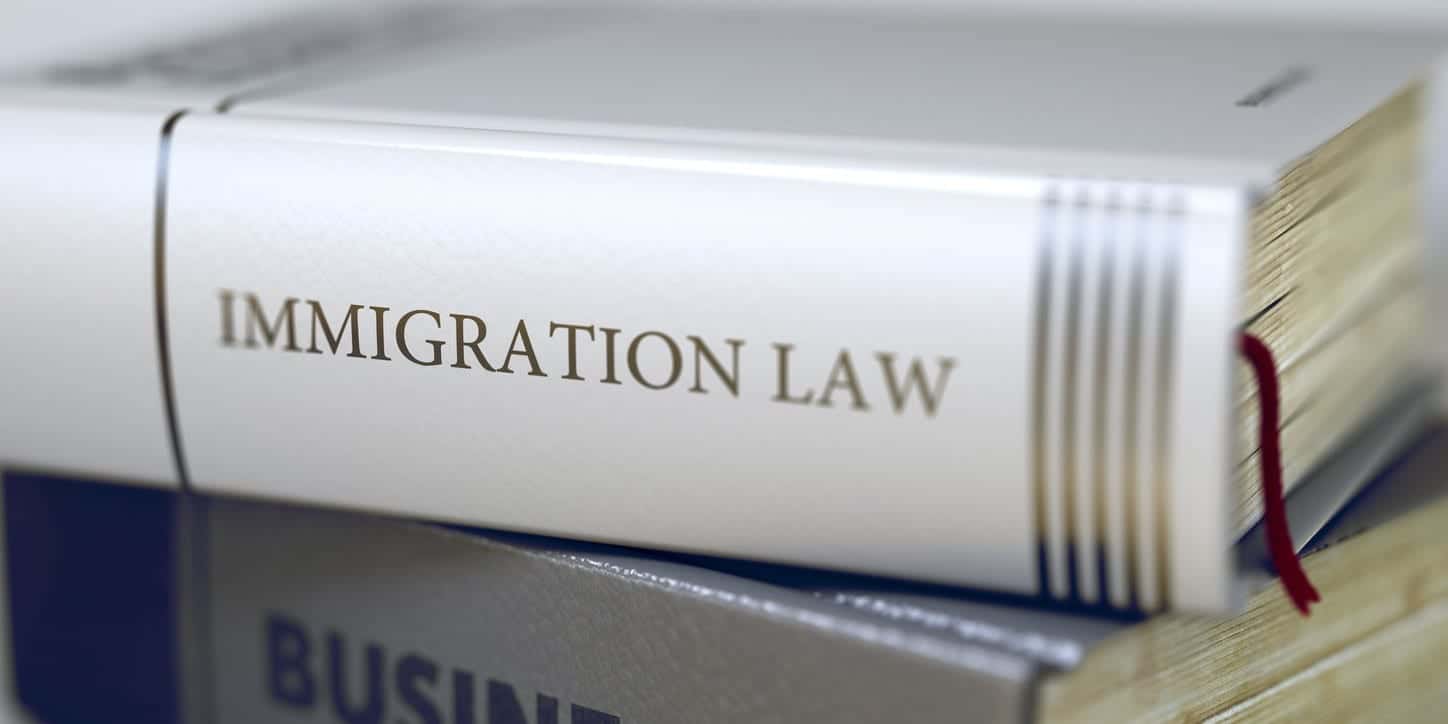
Even if you did not have to deal with the fear, turmoil, or protests that erupted after President Trump’s executive order on immigration firsthand, you certainly heard about the order through some media form. The order, which is under fierce challenges in federal district courts across the country and one court of appeals, effectively banned refugees, immigrants and Green Card holders from seven countries in the Middle East and North Africa entering the country.
These countries have primarily Muslim populations, leading the executive order to become known as the “Muslim ban.”
What exactly happened?
The Trump administration now admits it was a poorly and hastily drafted order whose consequences have sparked both national and international outrage.
Many people who the Muslim ban directly affected arrived in the United States to an unfortunate surprise. Families flying in to be reunited with family were detained and forced back on planes out of the country.
Immigrants, who had lived in the United States for years, returning from trips abroad or planning return trips were either not allowed back into the country or told that they would not be allowed back in. They were effectively stranded from their U.S. life—personal belongings, homes, pets, jobs, and so on. Images and stories of these distraught families circulated through social media, telling the story of the harmful human impact the executive order was having on people who had contributed so much to this country.
Acting alone, or in pairs, or in groups, people across the country began to take action and support the individuals they believed were being persecuted due to their religion or refugee status. Many protested at or around airports. Others took to capitol buildings and demanded meetings with the elected officials.
For a group of immigration lawyers, the answer was obvious: do what they could to save as many as they could.
Immigration Lawyers Offer Their Skills Free of Charge to Save People from Deportation

Soon after the ban was announced, the International Refugee Assistance Project sent an email urging all available immigration attorneys to volunteer at the John F. Kennedy Airport in New York City. The response was immediate: at least 80 lawyers showed up. Similar things happened at other airports around the country, such as O’Hare in Chicago. Lawyers worked pro bono to get detainees freed and safely transported throughout the country.
There wasn’t a lot of information about how many people were actually being detained at the airports, but lawyers did whatever they could to help: they made signs saying “immigration lawyer” to get the attention of individuals waiting for their detained friends and family. They drafted habeas corpus petitions that would put detainees in front of a judge before deportation could be carried out. They worked to get detainees a “credible fear interview” to help them gain asylum status if they could claim that going back to their home country was too dangerous.
Before that weekend was over, the ACLU had filed a lawsuit that would allow detainees to stay in the United States and prevent deportation. The lawsuit was a huge victory for individuals worried about being forced to fly back to their home countries, but the lawyers didn’t stop working. Reports at O’Hare said that while no one was detained on Sunday (over a dozen individuals, including mothers with young children, had been detained the previous day), lawyers were still committed to appear at the airport on Monday.
It goes without saying that the lawyers who volunteered their time are selfless and brave individuals. Trump’s ban is unlike anything this country has ever seen since the World War II internment of Japanese people living in this country, and if the president follows through with more of his campaign promises, the assault on constitutional guarantees and individual freedoms is just beginning.
Understanding the “Muslim Ban” – and How to Fight It

The “Muslim ban” was not drafted specifically to ban Muslims from entering our country – that’s illegal. Instead, it used a loophole – the Immigration and Nationality Act of 1952 which permits the banning of the entry of aliens from specific countries if the President deems those countries to be a threat. The official line is that those countries just happened to be majority-Muslim.
Of course, Muslim countries aren’t the only ones Trump has his eye on. In the first days of his presidency, he also ordered the construction of a border wall between the United States and Mexico, proposed taking federal funding from sanctuary cities, and hung up on the Australian prime minister after arguing over a previously agreed-upon deal to taken in 1,250 Syrian refugees.
Now, more than ever, immigrants need to understand their rights and keep a close eye on the laws that are being implemented in our country. If you run into a situation that could compromise your status or put you up for deportation, it is crucial to contact a federal immigration crimes lawyer immediately.



